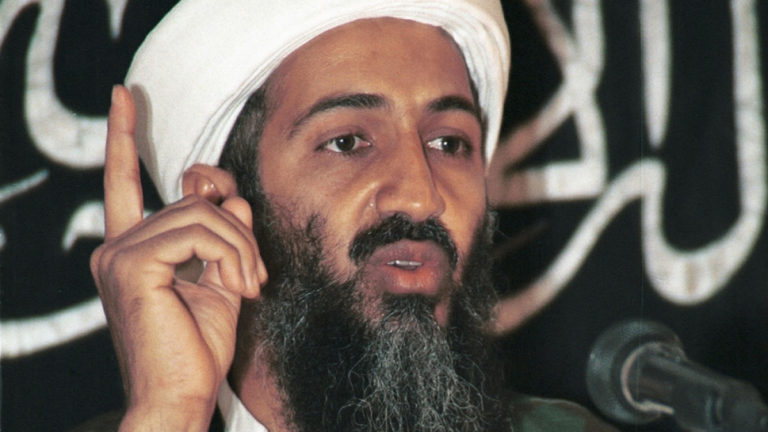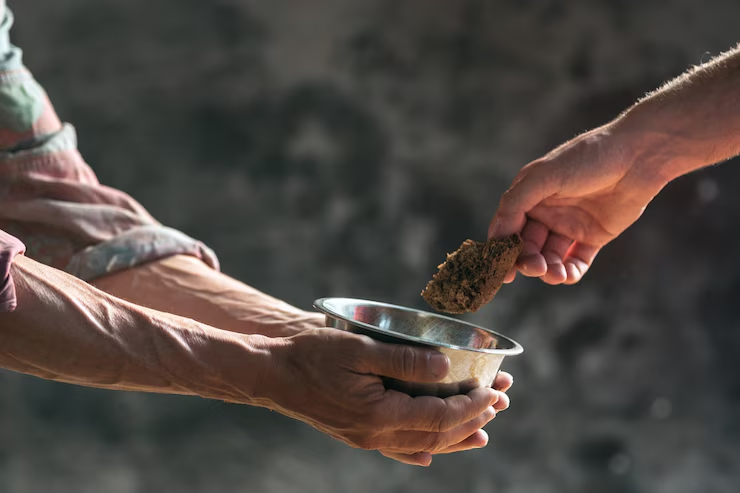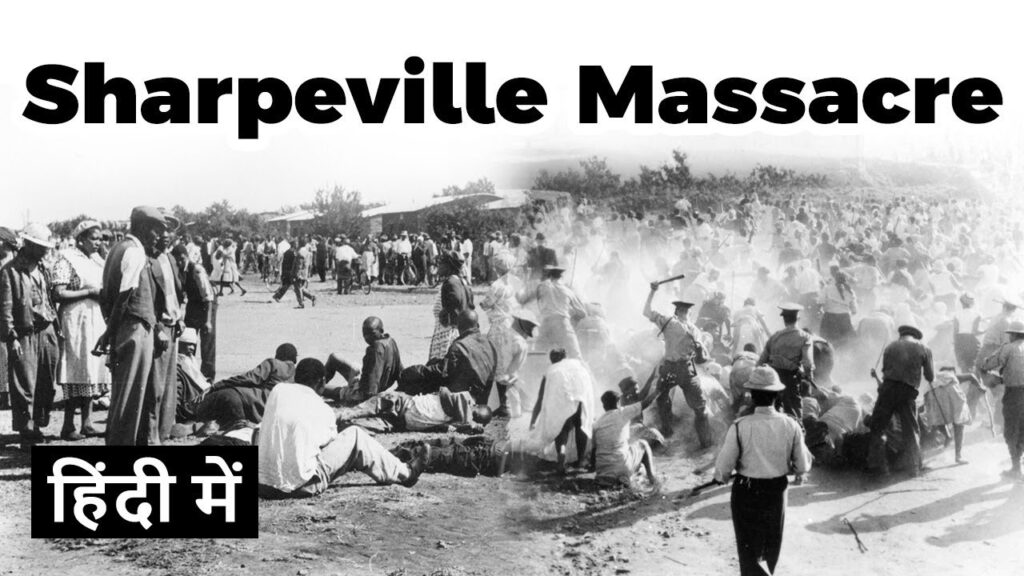1985 Sharpeville Massacre
On March 21, 1985, a gathering in Langa Township, near Uitenhage in South Africa’s Eastern Cape province, turned deadly when police forces opened fire on demonstrators, killing at least 21 black South Africans and injuring many more. The gathering was organized to mark the 25th anniversary of the Sharpeville Massacre, a pivotal event in South African history when police killed 69 unarmed protestors in 1960 during a peaceful demonstration against the apartheid pass laws 1985 Sharpeville Massacre.
The Context of the 1985 Massacre
By 1985, South Africa remained deeply entrenched in the oppressive apartheid regime. Black South Africans faced systemic racial discrimination, economic disenfranchisement, and political exclusion. Despite international condemnation and domestic resistance, the government maintained its grip through draconian laws, censorship, and the violent suppression of dissent 1985 Sharpeville Massacre.
The commemoration of the Sharpeville Massacre held profound symbolic significance as an act of remembrance and defiance against the apartheid regime. Demonstrators in Langa Township aimed to peacefully honor the lives lost in 1960 and call attention to the continued struggles under apartheid.
The Incident
As marchers made their way through the township, South African police confronted them, citing violations of apartheid-era laws that required prior approval for public gatherings. Eyewitness accounts and investigations revealed that the police responded with excessive and indiscriminate force, opening fire on the crowd without provocation.
The massacre left 21 people dead, many of them women and children, and several others injured. The event drew immediate outrage within South Africa and from the international community, amplifying calls for an end to apartheid 1985 Sharpeville Massacre.
Legacy and Impact
The events of March 21, 1985, echoed the Sharpeville Massacre, illustrating the unyielding violence of the apartheid state. It galvanized local and international efforts to dismantle apartheid and exposed the brutality of the regime to the world. The tragedy also reinforced March 21 as a significant day of remembrance and resistance in South Africa’s struggle for freedom.
In 1994, after the fall of apartheid, March 21 was officially recognized as Human Rights Day in South Africa, a public holiday commemorating the sacrifices made in the fight for justice and equality.
Conclusion
The 1985 massacre in Langa Township remains a painful chapter in South Africa’s history, symbolizing the cost of the apartheid system and the resilience of those who fought against it. It serves as a reminder of the ongoing need to honor the memory of those who gave their lives for freedom and justice 1985 Sharpeville Massacre.














